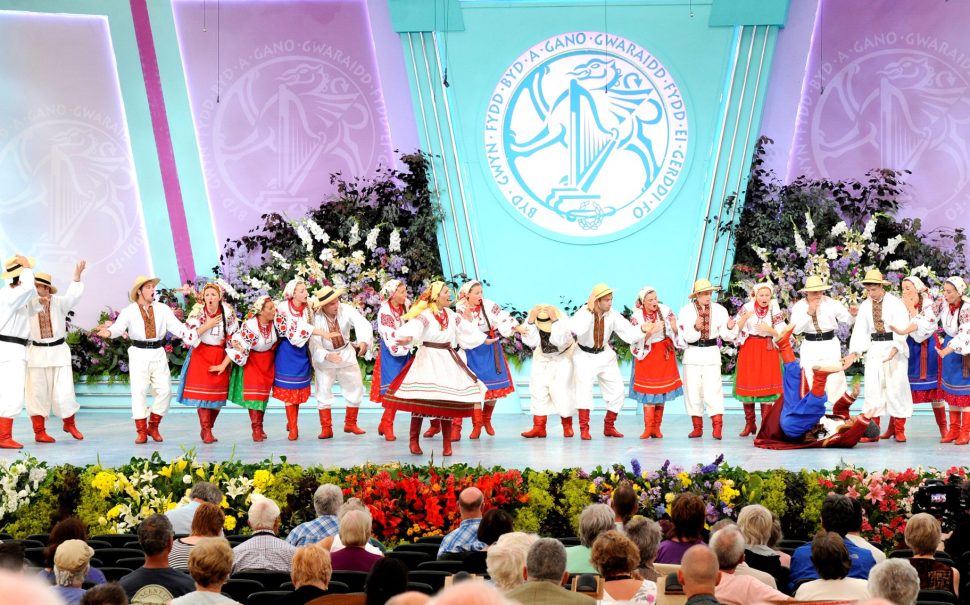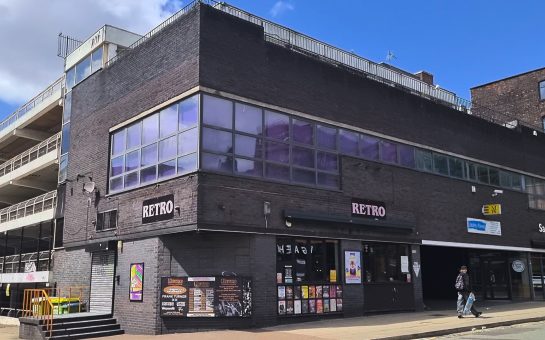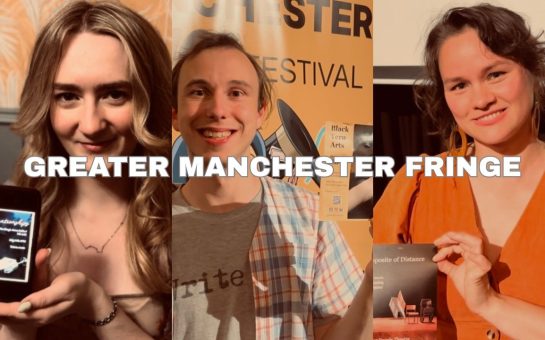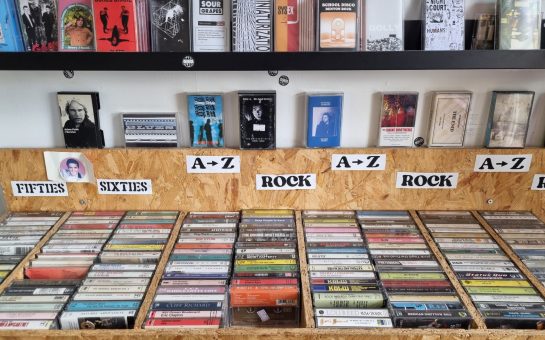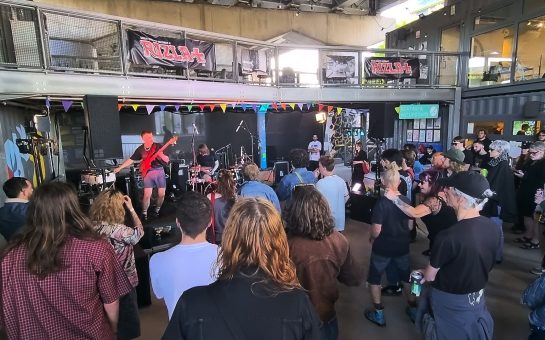In such desperate times as Ukraine finds itself in right now, spreading its culture and heritage is more important than ever before.
Located in the north of Manchester is the Ukrainian Cultural Centre, which describes itself as the “nucleus” of Manchester’s Ukrainian community on its Facebook page.
On three days each week, it opens its doors to allow people to donate items to help the plight of those who are suffering through the ongoing Russian invasion.
But for two nights each week, the dance group Orlyk call it home, and they use the centre to rehearse for their upcoming performances.
Founded in 1949 by Petro Dnistrowyk and named after the head of the exiled Ukrainian Cossacks Pylyp Orlyk, it is one of a number of Ukrainian dance groups across the UK.
What elevates it above all the others, though, is that it is the Representative Dance Ensemble for the Association of Ukrainians in Great Britain – and has been for each of the 73 years since its foundation.
Its members have taken part in a wide variety of shows and events, including festivals, theatrical productions, weddings, and other corporate functions.
One of the most noteworthy moments in the group’s history was a performance in Ukraine that took place on the day the country declared its independence from the USSR in 1991.
However, many English people may recognise the ensemble from its appearances on various popular TV shows, including Strictly Come Dancing, Britain’s Got Talent, and 8 Out Of 10 Cats Does Countdown.
More recently, some of its members taught Sky Sports News presenter Kyle Walker a traditional Ukrainian dance routine as part of the build-up to the EURO 2020 quarter-final between Ukraine and England.
Bohdan – a British-born Ukrainian who has been with the group for the past nine years – was one of the people who performed that day.
He says: “It was surreal. When you hear the 30-second countdown, you know there’s no turning back and that millions of people are going to see you dancing on TV and representing Ukraine.”
And that is a crucial element to its success: representing and exhibiting Ukrainian culture in the UK and abroad.
Petro – the current Head of the Group – says: “It’s our remit to perform and showcase Ukrainian dance, music and song to as many people as possible, and to demonstrate to different nationalities how rich, vibrant and important the Ukrainian culture is.”
But the members don’t see this responsibility as pressurising in the slightest, instead viewing it as a source of pride and fulfilment.
One of the group’s musicians – who is also named Petro – calls it a “blessing.”
“It makes you proud”, he says. “You know you’re representing not just yourself, but Ukraine too.”
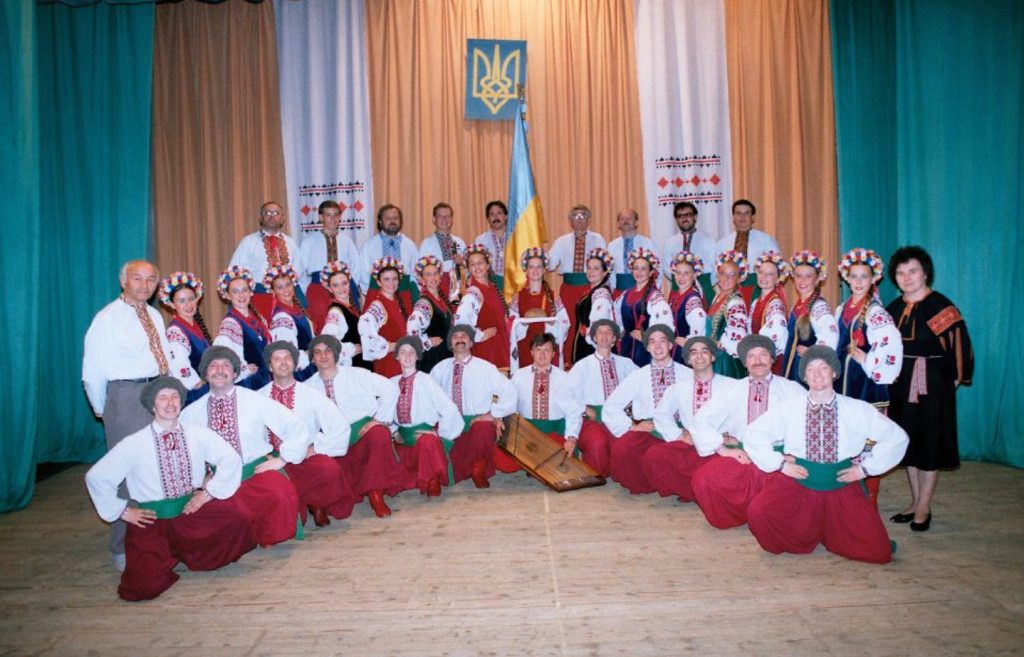
That pride has translated over into the ensemble’s close bond and unified willingness to keep their traditions alive and well.
Bohdan realises this as pivotal to how well it performs as a unit.
“We feel this connection because of our Ukrainian heritage”, he says.
“The bond and the atmosphere are crucial to our success. We’re all genuinely good friends who happen to love dancing, and the audience can see that, so it reflects on the performances.”
Group Head Petro describes it as “like an extended family” with a “team atmosphere.”
He adds: “Some of the first-generation Ukrainians who came over to the UK had a desire to keep these traditions.
“The reason it has persevered is that subsequent generations have tried to continue to advance the group, move the expression of the culture forward, and keep on performing and dancing.
“It’s important to have something here that is available for people to be involved with.”
The group also incorporates live music into their performances, something which is becoming less and less common amongst other groups of its ilk.
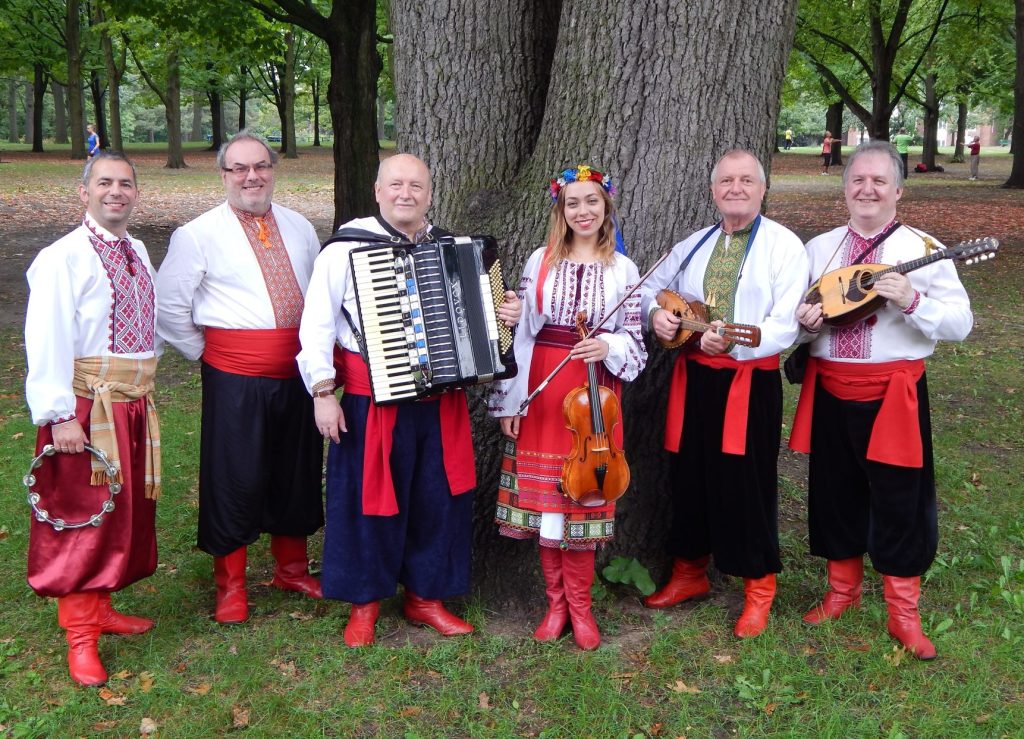
Mandolinist Petro explains: “It’s important from our point of view that the music compliments the dancing. We can change and adapt to whatever different situations there are.
“It’s becoming a more unique selling point because there are fewer groups that are able to provide musicians.
“It is sad, as we have very talented musicians in the Ukrainian community, but we’ve been brought up with it and we’re happy to use it (in our shows).”
Bohdan believes it “adds a whole new dimension to our performance”, saying: “It changes the feel of the group from just being a dance group to being an entertainment group.”
It has recorded an album of traditional Ukrainian songs, with snippets of those songs available to listen to on the group’s website, and during lockdown, some of its members recorded a virtual rendition of a Kolomeyka.
Some in-person performances may just consist of the music without the dancers, adding another strand to their brand which makes them that bit more marketable.
But in these testing times for millions of Ukrainians, it is difficult for the group’s members to view from afar the atrocities that are being conducted by Russian soldiers to many of those in their homeland.
Two of them described it as a “shock”, and another thought it simply “wasn’t real” when news of the invasion broke.
They reiterate the message perpetuated by President Zelenskyy: Ukraine is a peaceful nation that doesn’t want a war.
“The people just want their freedom, to get Russian soldiers out of their country, and to live peaceful lives.”
Musician Petro has plenty of emotion in his voice when he talks about it.
“I couldn’t believe it at first”, he says. “I thought ‘This is some sort of joke; he’s just trying it on.’
“But it’s sad when you hear the stories, not just about the soldiers dying, but the innocent people and the children who are suffering.”
“Our kids can go out in the park, but over in Ukraine, they are having to climb through bombed buildings not knowing if they’re going to stand on an unexploded bomb or a mine. That’s not how it should be in this day and age.
“It makes you feel helpless, but the Ukrainian spirit in us is strong and you turn that helplessness into a determination to show the world who we are.”
Group Head Petro adds: “Now more than ever, it’s important that we continue to educate and promote our culture through music & dance.
“We want to express our solidarity with Ukraine, so taking part in fundraisers and charity events for Ukraine is the least we can do during these harrowing times.’’
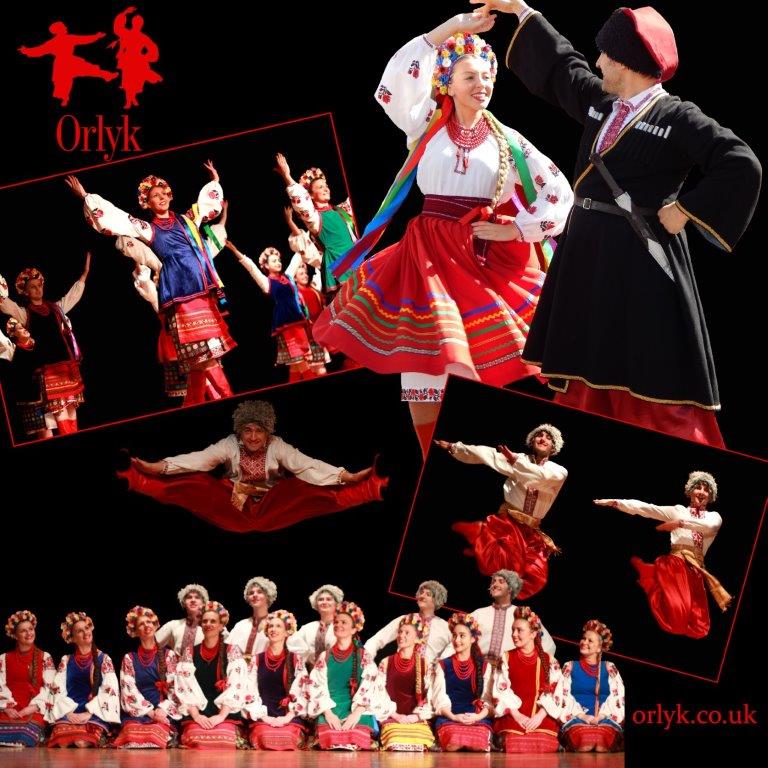
Last month, the group performed at an event in De Montfort Hall in Leicester which has so far raised over £25,000 for the Disaster Emergency Committee.
It has plenty more events in the coming weeks and months in support of the official #HelpUkraine Emergency Appeal, and the importance of its work is profoundly felt.
“Doing things like dancing and singing are making people aware of what’s going on, and giving them an understanding of the situation”, Bohdan says.
“We just need to keep doing more shows and parades to get the word out there about what’s going on and show the culture and heritage that all these soldiers are fighting for.
“It’s probably one of the most crucial points of the group’s existence with everything that’s going on at the moment.
“If there’s ever a time to show what Ukraine is about, it’s now.”
And what better way to do so than through preserving the country’s most important cultural traditions: music, dance, and entertainment. Three things which Orlyk provide – and will almost certainly continue to provide in the years to come – in abundance.
